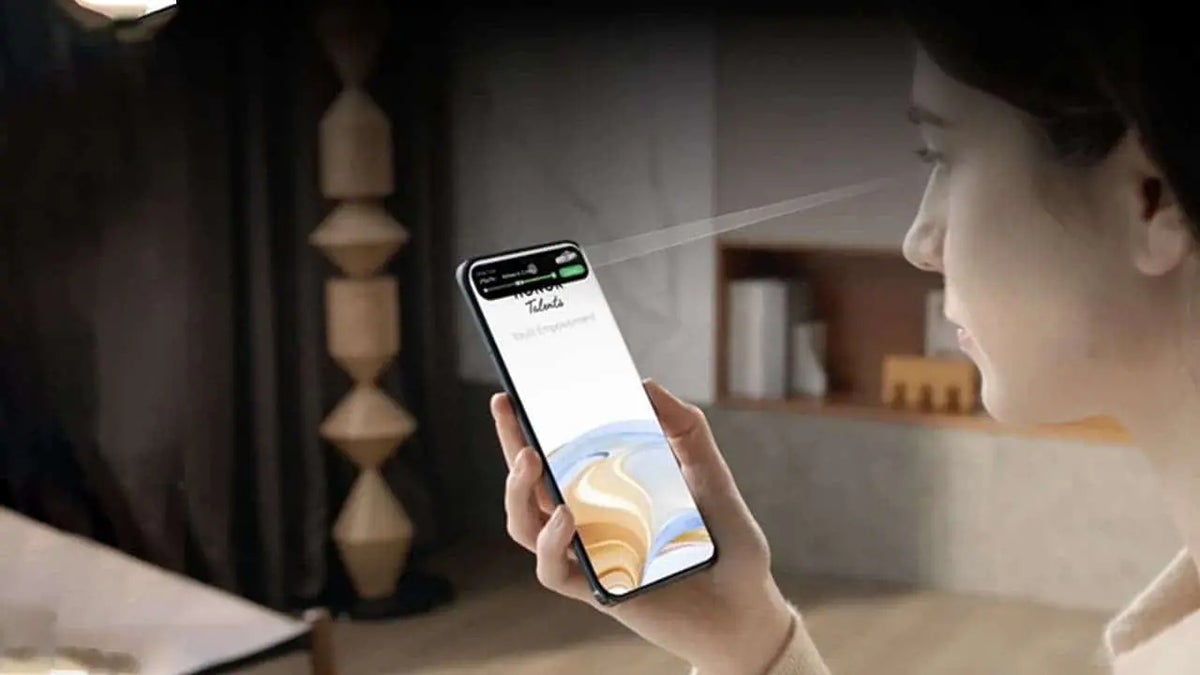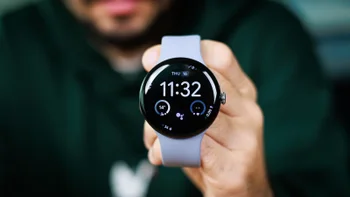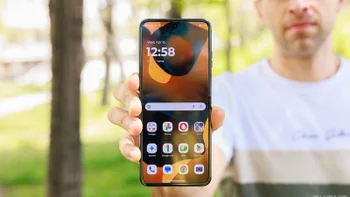Honor to roll out its AI-based eye-tracking technology globally

After introducing its AI-based eye-tracking feature for Magic6 Pro users in China at the beginning of the year, Honor announced today that the technology is ready to take on the entire world.
Back in February, Honor showed off its eye-tracking technology that allows users to power on and off the engine of a car, as well as interact with their smartphones using their eyes only.
According to Honor, its eye-tracking technology will start rolling out to users on August 27, but it will only be available on the Honor Magic6 Pro. Apparently, this will be available on all Honor devices via MagicOS 8.0, but a list of eligible devices hasn’t been published yet.
Besides that, Honor revealed plans to start investing in non-invasive brain-computer interface (BCI) technology to make assistive tech more accessible to everyone.
As the name suggest, the BCI technology makes it possible to communicate with external devices through brain electrical signals, thus offering a new level of interaction and independence for users, especially those with disabilities or anyone requiring additional support.
Honor’s eye-tracking technology is already helping people with disabilities communicate, and even create art. A short film produced by BBC Storyworks shows how AI-based eye-tracking technology has impacted the life of a person who’s been diagnosed with ALS 14 years ago.

At first glance, Honor’s initiative seems commendable, so here is hoping that it’s not going to be used for nefarious purposes like forcing users to watch ads. It remains to be seen how Honor builds upon its eye-tracking technology because the foundation seems very solid.
Back in February, Honor showed off its eye-tracking technology that allows users to power on and off the engine of a car, as well as interact with their smartphones using their eyes only.
As the name suggest, the BCI technology makes it possible to communicate with external devices through brain electrical signals, thus offering a new level of interaction and independence for users, especially those with disabilities or anyone requiring additional support.
Honor’s eye-tracking technology is already helping people with disabilities communicate, and even create art. A short film produced by BBC Storyworks shows how AI-based eye-tracking technology has impacted the life of a person who’s been diagnosed with ALS 14 years ago.

At first glance, Honor’s initiative seems commendable, so here is hoping that it’s not going to be used for nefarious purposes like forcing users to watch ads. It remains to be seen how Honor builds upon its eye-tracking technology because the foundation seems very solid.
Follow us on Google News













Things that are NOT allowed:
To help keep our community safe and free from spam, we apply temporary limits to newly created accounts: